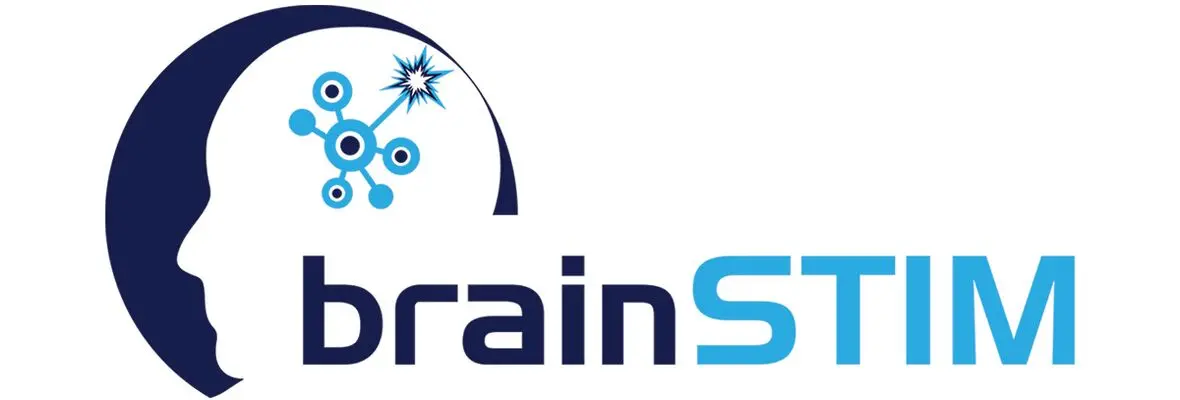2023 Media
- Optimism and Stroke Outcomes
- Understanding OCD and Compulsive Behaviors
- Battling a Binging Brain
- Cognitive Gear with Professor Michael Platt
- Understanding the Brain via a Molecular Map
- How can AI and the Brain Work Together?
- What is Agnosia and How Does it Affect the Brain’s Perception?
- Neurotech and the Growing Battle for Our Brains
- How can AI and the Brain Work Together?
- Dr. Roy Hamilton Interviewed for the Brain Friends Podcast (11-27-23)
- Director Roy Hamilton wins the inaugural AAN Changemaker Award
Optimism and Stroke Outcomes
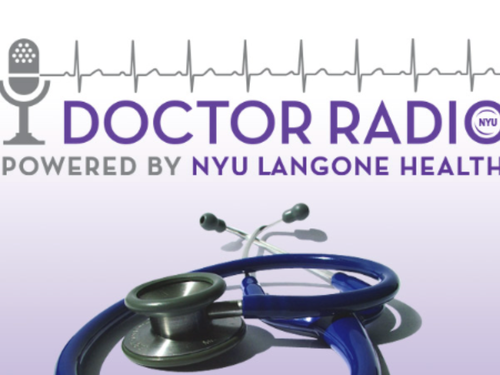 Dr. Kelly Sloane, Assistant Professor of Neurology at Penn appeared on a SiriusXM podcast Doctor Radio on April 3, 2023 to discuss “Optimism and Stroke Outcomes”
Dr. Kelly Sloane, Assistant Professor of Neurology at Penn appeared on a SiriusXM podcast Doctor Radio on April 3, 2023 to discuss “Optimism and Stroke Outcomes”
Understanding OCD and Compulsive Behaviors
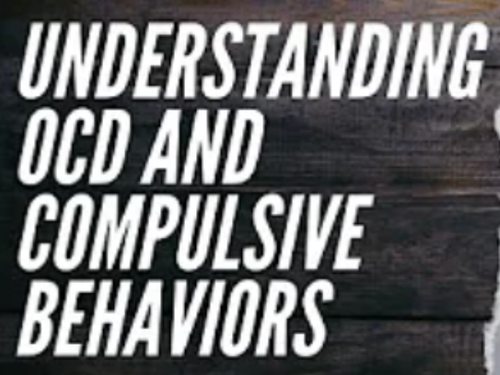 This video covers Dr. Casey Halpern’s research and clinical practice focus on using deep brain stimulation to treat compulsive and movement disorders such as obsessive-compulsive disorder, eating disorders, as well as other neurologic conditions. Click here for more!
This video covers Dr. Casey Halpern’s research and clinical practice focus on using deep brain stimulation to treat compulsive and movement disorders such as obsessive-compulsive disorder, eating disorders, as well as other neurologic conditions. Click here for more!
Battling a Binging Brain
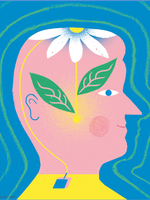 In this article, Casey Halpern recent research focuses on using deep brain stimulation (DBS) to treat conditions like binge eating disorder. In a pilot study, two obese women experienced weight loss and improved eating habits after receiving DBS implants. Halpern aims to expand this research to offer more treatment options for obesity and related disorders. Despite ethical considerations, Halpern is driven by a commitment to patient autonomy and improving quality of life for those with neurological conditions. Click here for more!
In this article, Casey Halpern recent research focuses on using deep brain stimulation (DBS) to treat conditions like binge eating disorder. In a pilot study, two obese women experienced weight loss and improved eating habits after receiving DBS implants. Halpern aims to expand this research to offer more treatment options for obesity and related disorders. Despite ethical considerations, Halpern is driven by a commitment to patient autonomy and improving quality of life for those with neurological conditions. Click here for more!
Cognitive Gear with Professor Michael Platt
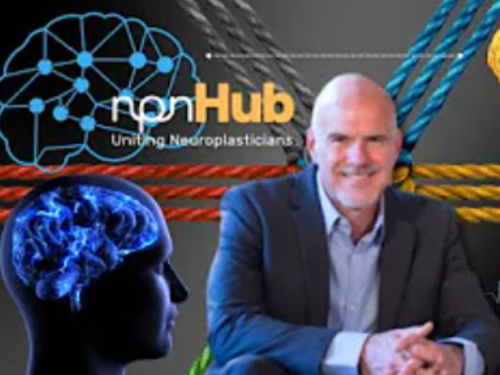 In this episode, npnHub explores Michael Platt’s expertise in the application of neuroplasticity for Leadership and discusses his book understanding his approach to facilitating leadership development. The host explores his product development and the tools that ensure accurate data can be gathered on the sports field the clinical environments as well as the boardroom. Click here for more!
In this episode, npnHub explores Michael Platt’s expertise in the application of neuroplasticity for Leadership and discusses his book understanding his approach to facilitating leadership development. The host explores his product development and the tools that ensure accurate data can be gathered on the sports field the clinical environments as well as the boardroom. Click here for more!
Understanding the Brain via a Molecular Map
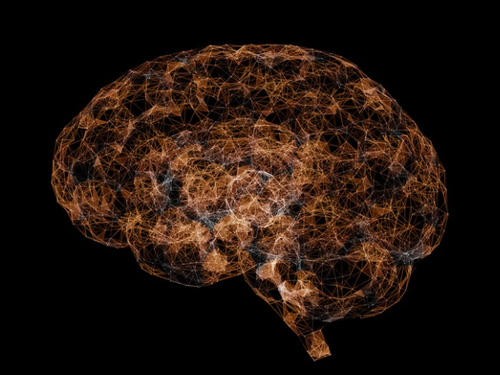 This article discusses Penn Integrates Knowledge (PIK) Professor Michael Platt and collaborators have generated the first single-cell ‘atlas’ of the primate brain to help explore links between molecules, cells, brain function, and disease.
This article discusses Penn Integrates Knowledge (PIK) Professor Michael Platt and collaborators have generated the first single-cell ‘atlas’ of the primate brain to help explore links between molecules, cells, brain function, and disease.
Click here for more!
How can AI and the Brain Work Together?
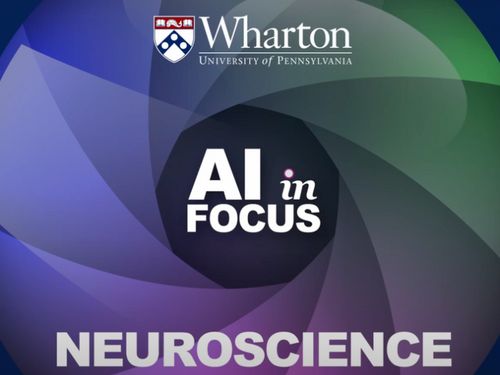 Wharton’s Elizabeth (Zab) Johnson and Michael Platt join Eric Bradlow, vice dean of Analytics at Wharton, to discuss how AI is being used in neuroscience to better understand the human brain. The conversation covers remarkable research developments in measuring brain activity, replicating speech and mobility, mental health, and more. This interview is part of a special 10-part series called “AI in Focus.” Click here for more!
Wharton’s Elizabeth (Zab) Johnson and Michael Platt join Eric Bradlow, vice dean of Analytics at Wharton, to discuss how AI is being used in neuroscience to better understand the human brain. The conversation covers remarkable research developments in measuring brain activity, replicating speech and mobility, mental health, and more. This interview is part of a special 10-part series called “AI in Focus.” Click here for more!
What is Agnosia and How Does it Affect the Brain’s Perception?
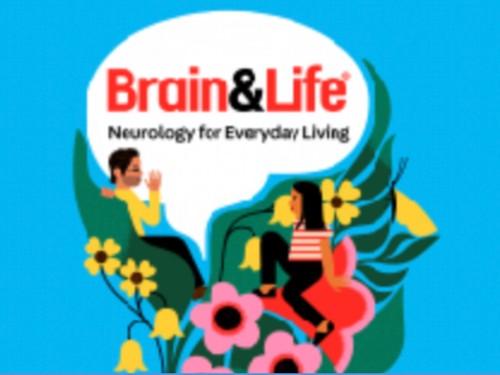 In a special episode, Dr. Sarah Song joins as a guest co-host to talk with Dr. Roy Hamilton, behavioral neurologist and professor of neurology at the University of Pennsylvania. Dr. Hamilton discusses agnosia—a rare neurologic disorder characterized by an inability to recognize and identify objects or persons. Dr. Hamilton explains the various types of agnosia, which parts of the brain are affected, and how it is treated. Click here for more!
In a special episode, Dr. Sarah Song joins as a guest co-host to talk with Dr. Roy Hamilton, behavioral neurologist and professor of neurology at the University of Pennsylvania. Dr. Hamilton discusses agnosia—a rare neurologic disorder characterized by an inability to recognize and identify objects or persons. Dr. Hamilton explains the various types of agnosia, which parts of the brain are affected, and how it is treated. Click here for more!
Neurotech and the Growing Battle for Our Brains
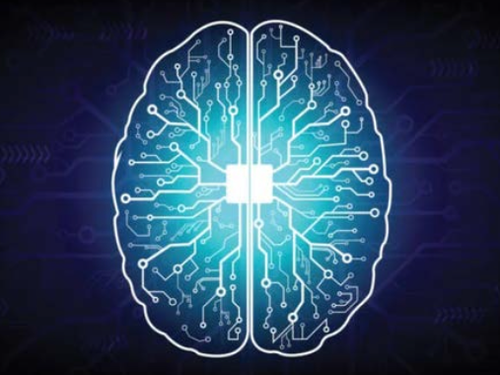 In an episode of PBS WHYY’s The Pulse, Dr. Roy Hamilton dives into neurotech-related questions with Nita Farahany, a leading scholar on the social, legal, and ethical implications of emerging technologies, and some of the conclusions she’s come to in her new book, “The Battle for Your Brain: Defending the Right to Think Freely in the Age of Neurotechnology.”
In an episode of PBS WHYY’s The Pulse, Dr. Roy Hamilton dives into neurotech-related questions with Nita Farahany, a leading scholar on the social, legal, and ethical implications of emerging technologies, and some of the conclusions she’s come to in her new book, “The Battle for Your Brain: Defending the Right to Think Freely in the Age of Neurotechnology.”
Click here for more!
How can AI and the Brain Work Together?
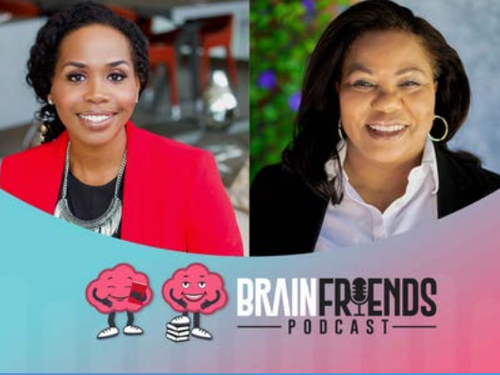 In a podcast episode of Brain Friends, Dr. Roy Hamilton, Professor of Neurology, Psychiatry, and Physical Medicine and Rehabilitation and Director of both the brainSTIM Center and Penn’s Laboratory for Cognition and Neural Stimulation (LCNS), participated in a part 2 discussion on neuroplasticity. Click here listen!
In a podcast episode of Brain Friends, Dr. Roy Hamilton, Professor of Neurology, Psychiatry, and Physical Medicine and Rehabilitation and Director of both the brainSTIM Center and Penn’s Laboratory for Cognition and Neural Stimulation (LCNS), participated in a part 2 discussion on neuroplasticity. Click here listen!
Dr. Roy Hamilton Interviewed for the Brain Friends Podcast (11-27-23)
https://www.buzzsprout.com/1959705/13953043
In this episode of Brain Friends, Dr. Roy Hamilton shares how the quality of care in recovery will help language get stronger or activities become easier because the brain reorganizes and adapts also known as "neuroplasticity".
The Brain Friends podcast is a space for neuro nerds and stroke survivors to talk about all things aphasia, language recovery, and community. Hosted by Dr. D. Seles, a neuroscientist and speech-language pathologist, and Angie C., 2x stroke survivor and aphasia advocate.
Director Roy Hamilton wins the inaugural AAN Changemaker Award
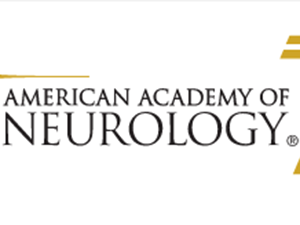
The IDEAS Changemaker Award is for an AAN member who has made a meaningful contribution within their academic institution by increasing diversity, equity, and inclusion efforts within the neurology department.
Dr. Hamilton has shown tremendous dedication to the DEI mission of the neurology department at Penn, and this award recognizes him as one of the best diversity officers in a neurology department in the country.


